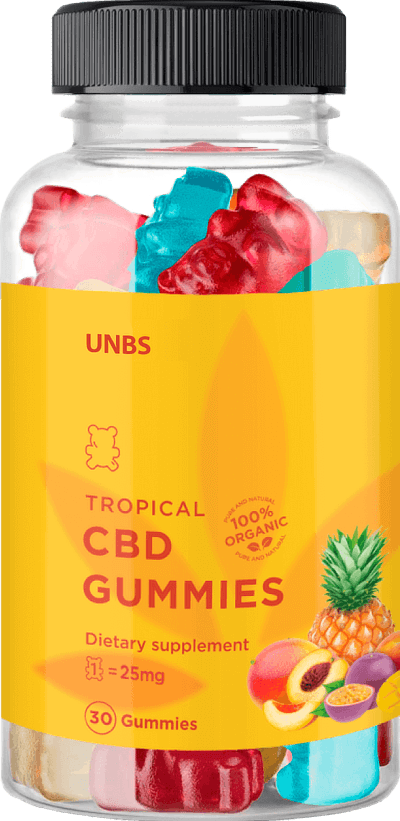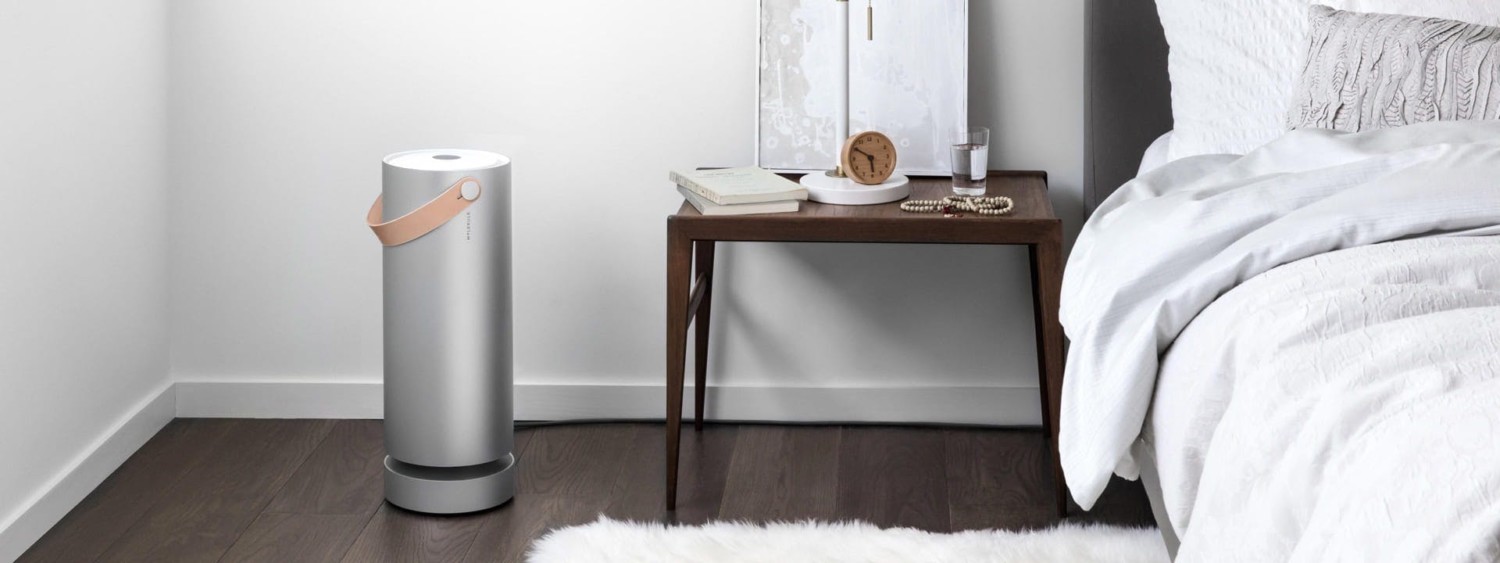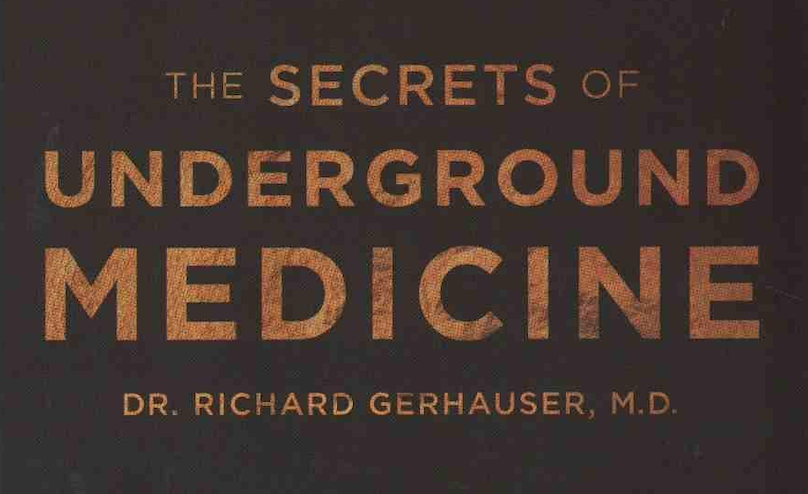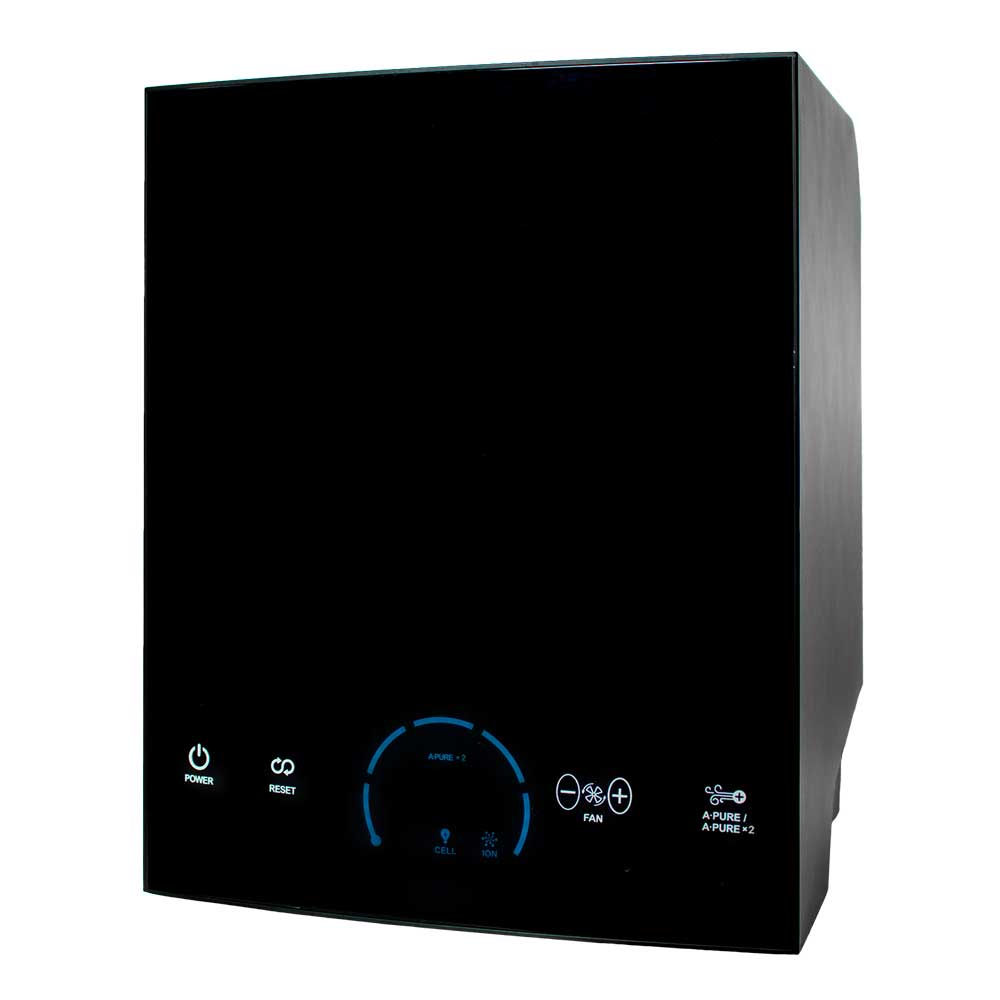
UNBS CBD Gummies
Spam email leads to a fake endorsement from Dr. Oz, among other celebrities.
Allergy and asthma testimonials persist in wake of inquiry by the National Advertising Division.
If you suffer from allergies or asthma, some of the testimonials on Molekule’s website for the company’s portable air purifier may sound like music to your ears. Or maybe you have a child desperately in need of relief from one or both of these conditions. According to one testimonial, below, Molekule is a lifeline.
The problem with testimonials like these is that they are anecdotal and, even if true, only reflect the experience of a single user. Another word for them is unreliable. Consumers shouldn’t trust the positive ones any more or less than the negative ones, and Molekule shouldn’t use testimonials to claim that its $600 air purifier is effective in treating the symptoms of any medical condition unless it has competent and reliable scientific evidence to support its claims.
In fact, after opening an inquiry into Molekule’s marketing claims following a challenge from competing air purification company Dyson, the National Advertising Division wrote in a 43-page decision (emphasis added):
It is well-established that advertisers may not make claims either through consumer testimonials or expert endorsements that could not be substantiated if made directly by the advertiser. It is not enough that a testimonial represent the honest opinion of the endorser. Advertisers must also have appropriate scientific evidence to back up the underlying claim. Indeed, it is a basic principle of advertising law that in the absence of competent and reliable scientific evidence, product performance claims cannot be substantiated by anecdotal evidence such as consumer testimonials.
The National Advertising Division (NAD) is the advertising industry’s self-regulatory body administered by the Council of Better Business Bureaus. found that the studies Molekule offered in support of the challenged allergy and asthma symptom relief claims appearing on the company’s website and social media pages did not meet the standard for competent and reliable scientific evidence. Among the issues that NAD cited with the studies: small sample sizes of 28 and 46; relying on the self-reporting of symptoms; the lack of a control group of people who were not given the treatment; and the fact that participants were not blinded, meaning they knew they were receiving the treatment. NAD recommended that Molekule discontinue the challenged treatment claims and the company agreed to do so.
NAD did not respond to an email from TINA.org asking whether it looked at the testimonials in the reviews section of Molekule’s website as part of its inquiry.
Molekule said in response to a request for comment that the company is in the process of complying with the parts of the NAD decision it agreed to follow. But the company also assigned partial responsibility to a third party, even though the testimonials constitute its own marketing material. Molekule said:
Reviews from verified customers, whether positive or negative, are posted to our reviews page. These reviews are processed via a third party and are not edited or altered.
While Molekule agreed to discontinue the challenged allergy and asthma symptom relief claims, it’s appealing other recommendations by NAD. This includes a directive that it remove claims that its MH1 air purifier — or the photoelectrochemical oxidation (PECO) technology it uses — completely “eliminates,” “destroys” or “permanently removes” all indoor air pollution or any specific bioaerosol. (Consumer Reports notes in an air purifier buying guide updated in October 2019: “An air purifier can remove allergens only while they’re floating in the air. Larger, heavier allergens, such as mites, mold, and pollen, settle to the ground so quickly that the air purifier can’t capture them in time.”)
Molekule is also appealing recommendations by NAD that it get rid of claims that its MH1 air purifier can “completely replace the air in a 600 square foot room once an hour,” and certain references to the high-efficiency particulate air (HEPA) technology that Dyson uses in its air purifiers.
Find more of coverage on the home here.
Our Ad Alerts are not just about false and deceptive marketing issues, but may also be about ads that, although not necessarily deceptive, should be viewed with caution. Ad Alerts can also be about single issues and may not include a comprehensive list of all marketing issues relating to the brand discussed.
Spam email leads to a fake endorsement from Dr. Oz, among other celebrities.
Doctor pitches bogus health treatments in violation of federal order.
Products’ purported efficacy against COVID-19 reflects results from lab studies, not real-world studies. There’s a big difference.


